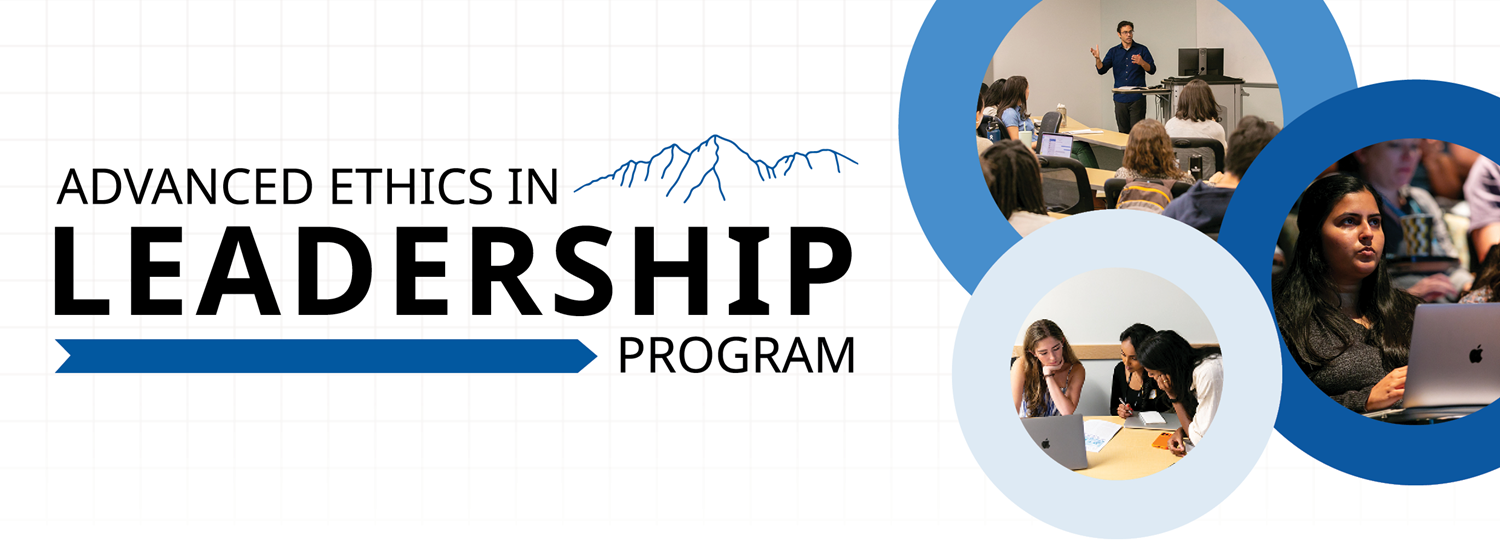Matthew Wynia is the Director of the Center for Bioethics and Humanities at the University of Colorado. His career has included developing a research institute and training programs focusing on bioethics, professionalism, and policy issues and founding the American Medical Association's Center for Patient Safety. His research has focused on novel uses of survey data to inform and improve the practical management of ethical issues in health care and public policy. He has led projects on a wide variety of topics related to ethics and professionalism, including understanding and measuring the ethical climate of health care organizations and systems; ethics and quality improvement; communication, team-based care, and engaging patients as members of the team; defining physician professionalism; public health and disaster ethics; medicine and the Holocaust (with the United States Holocaust Memorial Museum); and inequities in health and health care. He has served on committees, expert panels, and as a reviewer for the Institute of Medicine, The Joint Commission, the Hastings Center, the American Board of Medical Specialties, federal agencies, and other organizations. Dr. Wynia is a past president of the American Society for Bioethics and Humanities and has chaired the Ethics Forum of the American Public Health Association and the Ethics Committee of the Society for General Internal Medicine.
Ira Bedzow is the Executive Director of the Emory Purpose Project, one of the signature elements of Emory University’s Student Flourishing Initiative, whose mission is to unite diverse partners across the Emory community in providing opportunities for students to develop a muscle for reflection on purpose and meaning. Bedzow is also an Associate Professor in the Department of Medicine, a core faculty member of Emory’s Center for Ethics, a senior fellow in the Center for the Study of Law and Religion, and the unit head of the International Chair in Bioethics at Emory University. His interests relate to understanding the ethical implications of biotechnology and healthcare policy as well as how organizations can create an ethical culture through values-driven leadership. When it comes to ethical leadership, he tries to show that making a values-driven decision and implementing it effectively consist of different skills and face different challenges. Understanding the difference between asking “what to do” and “how can I act on my values successfully” is key to leadership and organizational success. Bedzow is also Senior Scholar of the Aspen Center for Social Values, co-director of the Ferencz Institute for Ethics, Human Rights and the Holocaust, and a regular contributor in Forbes. He is also an Orthodox rabbi (yoreh yoreh, yadin yadin).
